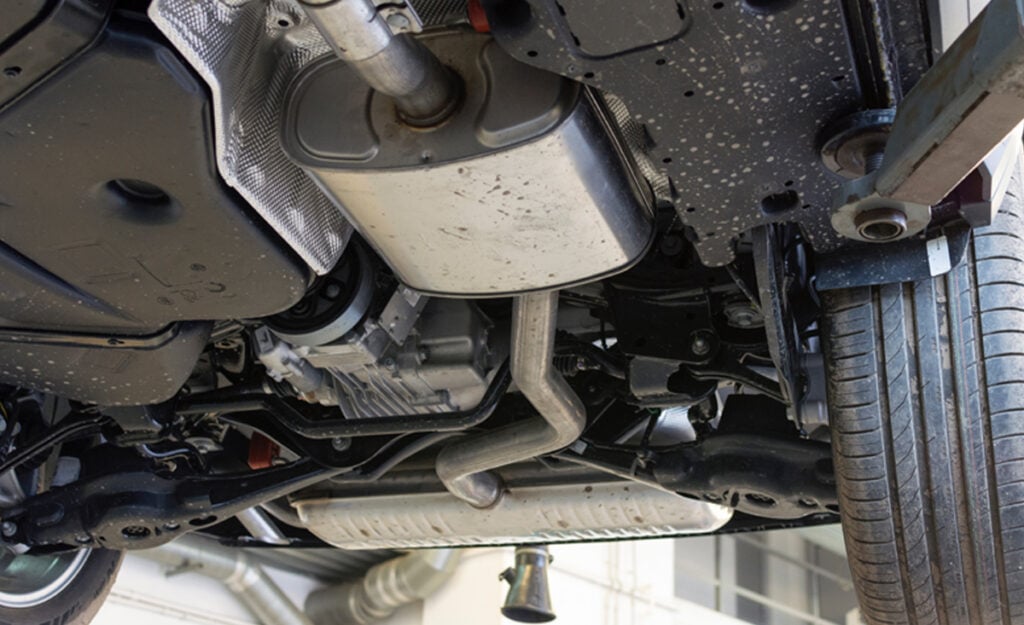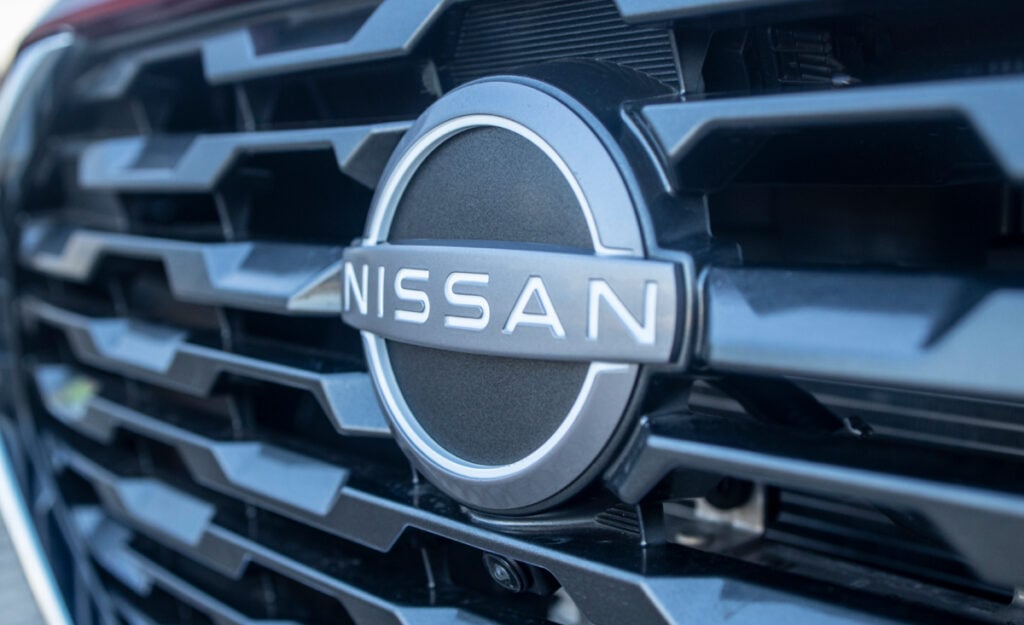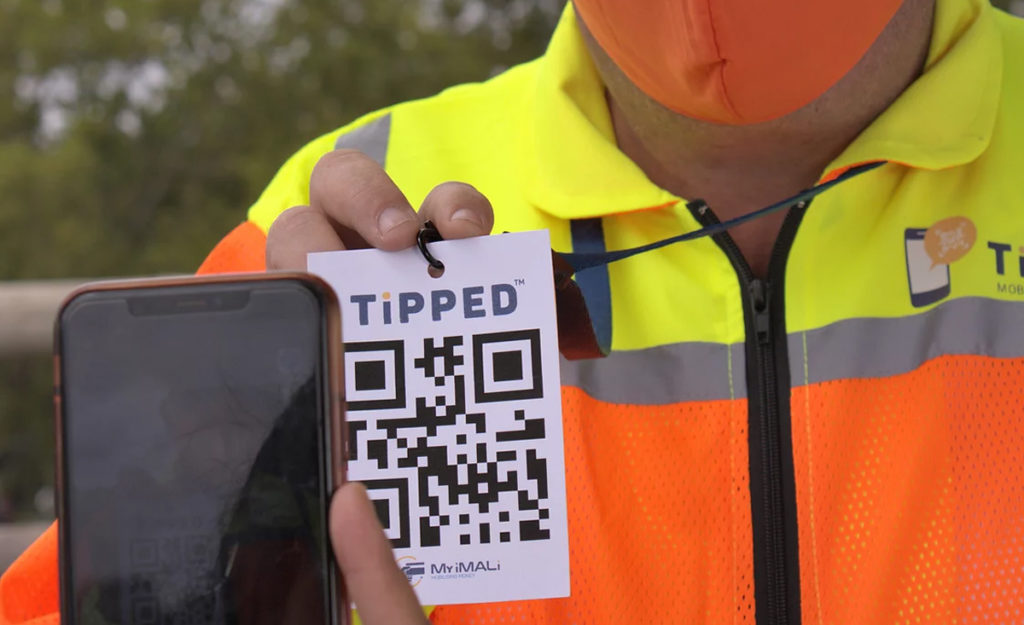How far above the speed limit you can drive in South Africa without being fined

While not part of official legislation, motorists in South Africa are allowed a “tolerance” of 10km/h above the speed restriction of a particular road, in which if they are caught, they won’t be fined.
This tolerance is in place to accommodate small calibration errors in vehicle speedometers between the many manufacturers of cars on the road, and to avoid prosecuting persons for exceeding the speed limit by only 2 or 3km/h and clogging up the legal system.
The 10km/h grace does not apply to average speed-over-distance prosecutions, however, which track the average speed a motorist travels across a set number of kilometres through the use of overhead cameras with number-plate recognition technologies.
This is because these systems are more accurate in determining the true speed the vehicle was driving at than a momentary snapshot taken by a roadside camera.
When you will be arrested for speeding
The tolerance for speeding does not mean that the restrictions are 10km/h higher than what the sign displays, as traffic officers are still within their rights to issue tickets for anyone breaking the posted speed limit – i.e. 60km/h on urban roads; 100km/h on every public road outside an urban area, excluding freeways; and 120km/h on national freeways.
If a motorist exceeds the tolerance by even 1km/h, a roadside camera will also capture the incident.
However, with the controversial Administrative Adjudication of Road Traffic Offences (Aarto) Act now being rolled out across South Africa, infringement penalties will be dealt out differently than before.
If a driver exceeds the speed limit, they will be liable to pay a fine and/or incur demerit points against their licence.
The fines and demerits are categorised as follows:
| Infringement | Fine | Demerit points |
|---|---|---|
| Exceeding speed limit by 11-15km/h | R250 | 0 |
| Exceeding speed limit by 16-20km/h | R500 | 1 |
| Exceeding speed limit by 21-25km/h | R750 | 2 |
| Exceeding speed limit by 26-30km/h | R1,000 | 3 |
| Exceeding speed limit by 31-35km/h | R1,250 | 4 |
| Exceeding speed limit by 36-40km/h | R1,500 | 5 |
| Exceeding speed limit by >40km/h | Court | 6 |
A motorist may only receive 15 demerit points against their licence before it will be suspended. The duration of the disqualification will equal three months for every point over the 15-point limit.
If a driver receives three licence disqualifications under the Aarto system, their licence will be taken away completely and they will have to apply for a new one from the start.
In addition to the demerit system, Aarto has decriminalised many traffic infringements that were previously seen as criminal offences, in the process creating a new three-step system for serving fines to implicated motorists.
According to the Road Traffic Infringement Agency: “An infringement notice can either be written and issued to an alleged infringer on the side of the road, or it can be an electronic infringement issued to an alleged infringer via mail.”
Following this, the recipient has 32 days to:
- Pay a discounted fine and incur applicable demerit points.
- Arrange to pay the fine in instalments and incur applicable demerit points.
- Submit a written appeal contesting the alleged violation.
- Nominate another driver if the vehicle owner was not responsible for the infringement.
If the recipient does not respond within the first 32 days, a courtesy letter must be issued to remind them of the outstanding fine.
Following this, the recipient again has 32 days to:
- Pay the full fine plus R200, as well as incur the applicable demerit points.
- Submit a written appeal contesting the alleged violation.
In the case where the recipient did not respond during both the previous periods, an enforcement order is issued. This applies the necessary demerit points and blocks the recipient from performing any licensing transactions on eNaTIS, making it impossible to get a new driver’s licence, a professional driving permit, or a new vehicle licence disc.
To comply with the order, the recipient must pay the full fine plus R300.
However, if a fine is categorised as a criminal offence, such as when a driver exceeds the speed limit by more then 40km/h, it will still be prosecuted in terms of the Criminal Procedure Act.










